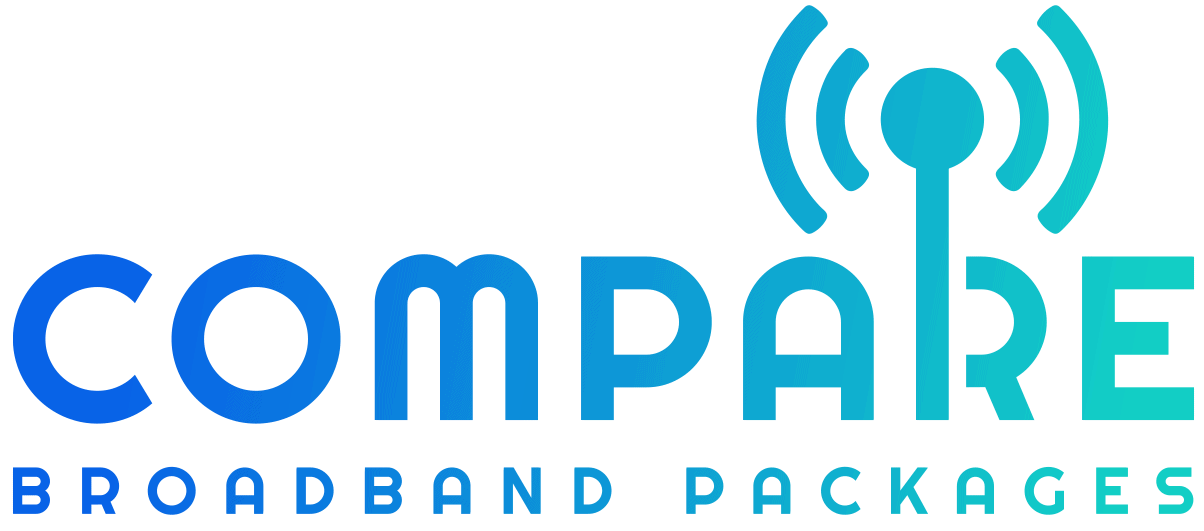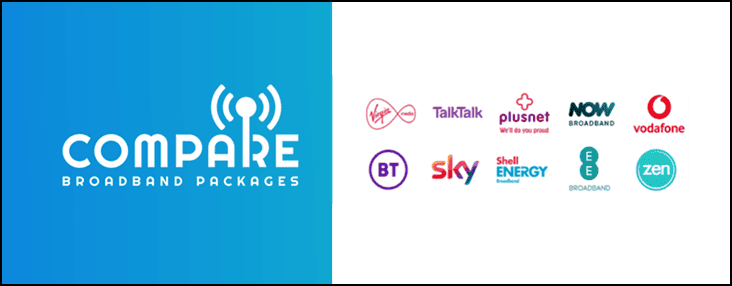
If you are browsing the internet in the United Kingdom, you may experience online restrictions imposed by your internet service provider (ISP). UK ISP blocking and web filters are methods used by ISPs to control access to certain websites and online content.
ISP censorship and content filtering can have a significant impact on your internet browsing experience, limiting your access to information and potentially influencing your online behavior. In this guide, we will provide an overview of UK ISP blocking and web filters, explain how they work, and discuss their implications for internet users in the UK.
Key Takeaways
- UK ISP blocking and web filters are methods used by ISPs to control access to certain websites and online content
- ISP censorship and content filtering can limit your access to information and potentially influence your online behavior
- Understanding these restrictions is important for internet users in the UK
Understanding UK ISP Blocking
As an internet user in the United Kingdom, you may have encountered restrictions on certain websites or online content. This is due to UK ISP blocking and internet censorship measures implemented by ISPs.
UK ISP blocking is the practice of blocking access to certain websites or online content by Internet Service Providers. ISPs are able to implement content filtering, also known as ISP censorship, to restrict access to websites deemed inappropriate or dangerous.
ISP blocking may be enforced for various reasons, such as complying with UK laws or regulations, protecting minors from harmful content, or preventing cyber attacks. However, the legality of ISP blocking remains a contested issue, with concerns over potential violations of free speech and access to information.
ISPs use various methods to implement content filtering, including using web filters which categorize websites based on their content. Websites deemed inappropriate are then blocked by the ISP.
It’s important for UK internet users to understand the impact of ISP blocking and content filtering on their internet browsing. While it may prevent access to harmful content, it can also limit access to vital information and resources.
In the next section, we will discuss the role of web filters and content filtering in the UK and the potential implications for internet users.
Web Filters and Content Filtering
Web filters and content filtering are used by Internet Service Providers (ISPs) to restrict access to certain websites and online content based on a set of criteria. The filters are designed to block websites that contain inappropriate or harmful content, such as adult content, violent content, or hate speech.
The level of filtering implemented by ISPs can vary, with some only blocking the most extreme content and others being much more restrictive. The criteria used for content filtering can also vary, with some ISPs using a pre-defined list of blacklisted websites and others using more advanced content analysis techniques to determine which websites to block.
While web filters and content filtering have the potential to protect users from harmful content, they also pose potential limitations on accessing information. Certain websites may be blocked that are not necessarily harmful but may be deemed inappropriate or offensive by the ISP. This can restrict access to important information or stifle free speech and open discourse.
However, the implications of overblocking can be far-reaching. Innocent sites, such as those dedicated to gaming and dating services, might inadvertently be caught in these filters. More concerning is the impact on sites that address sensitive issues like eating disorders, mental health, medical advice, and domestic violence. These platforms offer crucial support and guidance, and their inaccessibility can particularly affect vulnerable individuals seeking help.
By over blocking, we risk creating barriers for those in need, potentially making it harder for them to find the assistance they require online. Balancing protection with accessibility is essential to ensure that vital information and support remain within reach for everyone.
If you feel that a website has been unfairly blocked by your ISP, there are ways to bypass the restrictions. However, it is important to note that attempting to access blocked content can be risky and may result in legal consequences. It is always best to consider the potential risks before attempting to circumvent web filters or access blocked websites.
Impact on Browsing and Accessing Blocked Websites
Trying to access blocked websites or content can be frustrating, especially if you need the information for work, research or personal reasons. Fortunately, there are various methods available to bypass ISP blocks and circumvent web filters.
To bypass an ISP block, you can use a VPN (Virtual Private Network) service. This technology encrypts your online activities and routes them through a server located in a different country, allowing you to access websites that are blocked in the UK. There are numerous VPN providers available, both free and paid. However, keep in mind that using a VPN may slow down your internet connection and can be illegal in some countries.
If you don’t want to use a VPN, another option is to use a proxy server. A proxy server acts as an intermediary between your computer and the internet. It allows you to access websites indirectly, by sending your requests to the websites on your behalf. However, some proxy servers can be slow and unreliable, and some may even contain malware or spyware.
Another way to bypass web filters is to use alternative DNS (Domain Name System) servers. DNS is the technology that translates website names into IP (Internet Protocol) addresses, allowing your computer to connect to them. Some ISPs use DNS filtering to block access to websites. By switching to an alternative DNS server, you can bypass these restrictions and access blocked websites. However, this method may not work for all websites and can be complicated to set up.
It is important to note that attempting to access blocked content can have potential risks and consequences, such as breaking the law or exposing yourself to malware or phishing attacks. Therefore, use caution and do your research before using any of the methods mentioned above.
Understanding IP Blocking, DNS Filtering, and Deep Packet Inspection
When exploring how Internet Service Providers (ISPs) block access to certain websites, three key techniques come into play: IP blocking, DNS filtering, and deep packet inspection. Each method offers a distinct approach to controlling online access.
IP Blocking
IP blocking involves restricting access by targeting specific Internet Protocol (IP) addresses. Every device connected to the internet has a unique IP address, and by identifying and blocking these addresses, ISPs can effectively prevent users from reaching particular sites. This method doesn’t rely on keywords but rather hones in on the numerical identity of the site you’re trying to visit, making it straightforward yet relatively easy to bypass with tools like Virtual Private Networks (VPNs).
DNS Filtering
DNS filtering functions by limiting access to domain names. Whenever you attempt to reach a website, your request goes through a DNS server, which translates the site’s easy-to-understand domain name into its corresponding IP address. ISPs can block this translation for specific domain names, cutting off user access at the name level rather than the content level. This technique is similar to IP blocking but focuses on the domain name system.
Deep Packet Inspection
Deep packet inspection (DPI) takes a more sophisticated approach. Unlike the other methods, DPI dives into the data packets that traverse the network. This technique allows ISPs to scrutinize both the headers and the content of these packets, enabling them to filter traffic based on specific keywords, file types, or even the application in use. DPI provides a detailed analysis of internet traffic, offering a powerful tool for blocking access but also raising privacy concerns due to the depth of information analyzed.
In essence, IP blocking, DNS filtering, and deep packet inspection each play a unique role in how ISPs manage internet traffic, offering different levels of control and complexity in restricting access to online content.
Conclusion
Congratulations! By reading this guide, you now have a better understanding of UK ISP blocking and web filters. You know what they are, how they work, and the impact they have on internet browsing in the United Kingdom.
Web filters and content filtering are designed to restrict access to certain websites deemed inappropriate or illegal. However, they can also limit your ability to access information and exercise your right to free speech.
FAQ
What is UK ISP blocking?
A: UK ISP blocking refers to the practice of Internet Service Providers in the United Kingdom blocking access to certain websites and online content. This can be done for various reasons, such as to comply with legal requirements or to prevent users from accessing potentially harmful or inappropriate content.
How do web filters work?
A: Web filters are tools used by ISPs to restrict access to certain websites based on predefined criteria. These filters categorize websites and block access to those that fall into restricted categories, such as adult content, gambling, or illegal activities. Web filters work by analyzing website URLs, keywords, or content to determine their category and decide whether to allow or block access to them.
Can I bypass ISP blocks and circumvent web filters?
A: Yes, there are methods available to bypass ISP blocks and circumvent web filters. Some commonly used techniques include using virtual private networks (VPNs), proxy servers, or alternative DNS servers. However, it’s important to note that attempting to access blocked content may violate terms of service, legal regulations, or pose security risks.
What are the risks of trying to access blocked websites?
A: Trying to access blocked websites can have various risks. Some websites may contain malware or malicious content that can harm your device or compromise your privacy. Additionally, attempting to bypass web filters or ISP blocks may lead to legal consequences, as it may violate copyright laws, terms of service, or breach regulations related to online content.
What are the consequences of making certain information harder to access?
Restricting access to critical information online can impede vulnerable individuals from receiving necessary support, potentially exacerbating their situations.
Who is most negatively impacted by overblocking?
Individuals who are vulnerable and rely on online resources for essential help and guidance are most negatively affected.
Which types of sites are particularly affected by overblocking?
Sites related to gaming, dating, and those offering support for eating disorders, mental health, medical advice, and domestic violence are commonly impacted.




